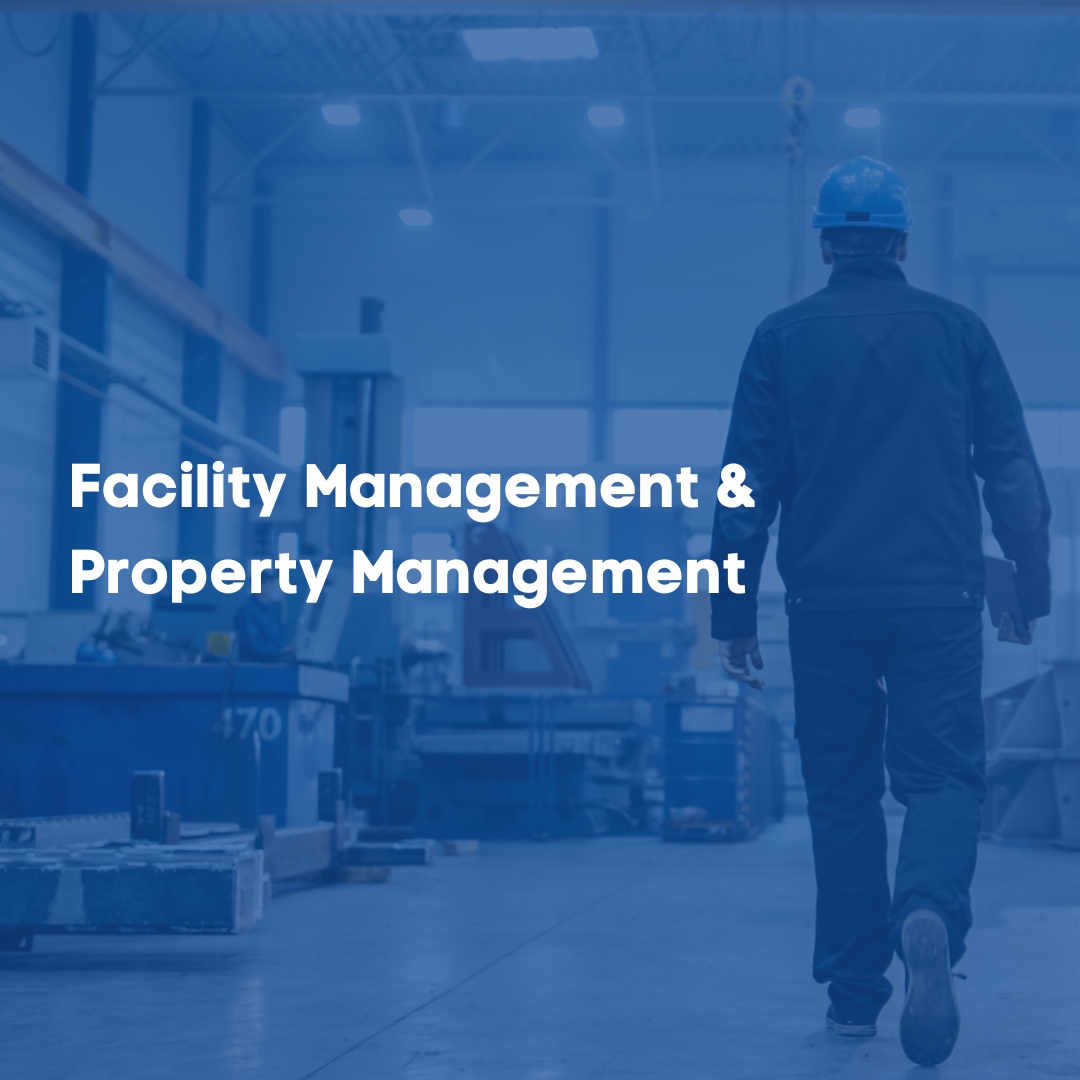What Is The Difference Between Facility And Property Management?

Facility Management and Property Management are closely related fields but they involve different aspects of managing real estate assets. Here’s a breakdown of the key differences between the two:
Property Management :
Property Management primarily focuses on the management of real estate properties such as residential buildings, commercial buildings, retail spaces, and vacant land. This includes tasks such as leasing, rent collection, tenant relations, property maintenance, and financial management.
Comprehensive Property Management Services Overview:
-
Tenant Acquisition and Leasing
Property managers are responsible for marketing vacant rental units, screening prospective tenants, and negotiating lease agreements. They aim to attract reliable tenants who will pay rent on time and adhere to the terms of lease agreements.
-
Rent Collection
Property managers collect rent from tenants on behalf of the property owner. They ensure that rent is paid on time and address issues like late rent payments.
-
Tenant Relations and Customer Service
Property managers serve as the primary point of contact for tenants, addressing their inquiries, concerns, and maintenance requests in a timely and professional manner. They strive to maintain positive relationships with tenants to foster tenant satisfaction and retention.
-
Property Maintenance and Repairs
Property managers oversee the maintenance and upkeep of rental properties to ensure that they are safe, functional, and liveable for tenants. This includes addressing maintenance issues, regular maintenance of the property, etc.
-
Property Inspection
Property managers conduct periodic inspections of rental units to assess their condition, identify maintenance needs, and ensure compliance with lease agreements.
-
Vendor and Contractor Management
Property managers hire and supervise vendors, contractors, and service providers for maintenance, repairs, and other property-related services. They negotiate contracts, oversee work quality, and ensure that vendors adhere to agreed-upon terms and conditions.
Facility Management
Facility management deals with the operation and maintenance of specific facilities within a property, such as buildings, equipment, utilities, and infrastructure. It aims to optimize functionality and sustainability to meet the needs of occupants.
-
Key Features of Facility Management:
-
Maintenance Management
Facility managers ensure proper maintenance of buildings, equipment, and infrastructure to maximize lifespan and performance. This includes preventive maintenance scheduling, reactive maintenance response, and overseeing repairs and renovations.
-
Space Planning and Utilization
Facility managers assess space requirements and usage patterns to optimize the layout and utilization of physical spaces. This may involve reconfiguring office layouts, optimizing storage space, and allocating resources efficiently.
-
Safety and Health Compliances
Facility managers ensure compliance with health, safety, and environmental regulations to provide a safe and healthy working environment. This includes conducting safety inspections, implementing emergency procedures, and managing hazardous materials.
-
Utilities Management
Facility managers oversee the operation and maintenance of utilities like electricity, water, heating, and ventilation systems to ensure reliable and cost-effective service. They may also implement energy conservation measures.
-
Security and Access Control
Facility managers implement security measures to protect occupants, assets, and property from unauthorized access, theft, and vandalism. This may involve installing security systems, monitoring access points, and coordinating with security personnel.
-
Cleaning and Janitorial Services
Facility managers coordinate cleaning and janitorial services to maintain cleanliness and hygiene standards. This includes scheduling regular cleaning tasks, managing waste disposal, and ensuring compliance with sanitation regulations.
-
Tenant Relations (In Commercial Properties)
Facility managers act as a liaison between landlords and tenants, addressing tenant concerns, facilitating lease agreements, and ensuring that tenant needs are met. This may involve organizing tenant events, resolving disputes, and providing tenant services.
-
Financial Management
Facility managers develop and manage budgets for facility operations, maintenance, and capital improvements. They track expenses, analyze cost data, and identify opportunities for cost savings.
-
Conclusion
In conclusion, Property Management and Facility Management are distinct yet closely related fields within the realm of real estate asset management. Property Management primarily concentrates on the oversight and administration of various real estate properties, with a focus on tasks such as tenant acquisition, rent collection, tenant relations, property maintenance, and financial management.
On the other hand, Facility Management deals specifically with the operation and maintenance of facilities within a property, encompassing buildings, equipment, utilities, and infrastructure. The key responsibilities of Facility Managers include maintenance management, space planning and utilization, safety and health compliances, utilities management, security and access control, cleaning and janitorial services, tenant relations (especially in commercial properties), and financial management.
